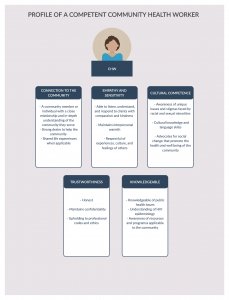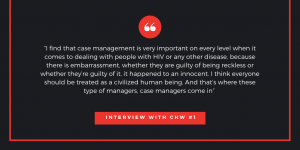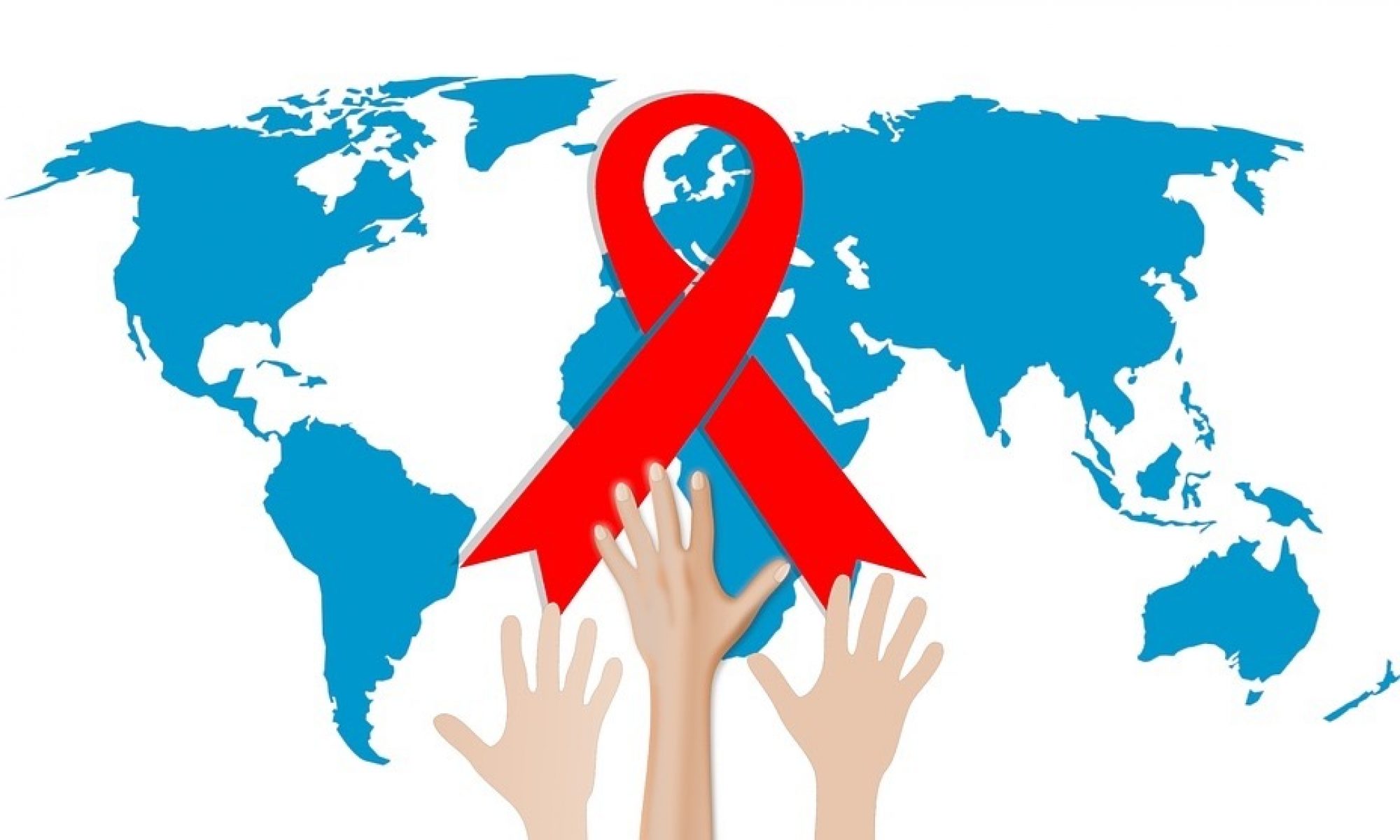Impact of Certification Requirements on CHWs and their work
Our research shows that the development and roll-out of the certification program has failed to meet initial expectations. The current certification process raises important questions regarding the scope of practice of CHWs, essential skills, and their funding. According to our findings, there are 4 main ways certification requirements affect CHWs:
-
- Over professionalization and potential loss of key CHW attributes
- Increased barriers to entry
- Negative impact on those who do not seek voluntary certification
- Funding issues resulting in certain CHWs being left behind
Defining Tangible and Intangible Requirements
First, one of the main ways certification affects CHWs is through the loss of key attributes that cannot be easily translated into requirements. Community Health Workers are uniquely equipped and enjoy privileged access and in-depth understanding of their communities. However, current certification programs do not assess or address these valuable attributes, thus making it difficult to determine if the CHW will appropriately serve the community. Our research shows there is a need for evaluation and training of CHW in core competencies. The interviews revealed that competent CHWs possess a variety of skills and attributes including empathy, trustworthiness, language skills, and sensitivity to issues faced by racial and sexual minorities.

There are certain attributes of a competent CHW that are particularly difficult to translate into tangible requirements for training and certification. Community Health Workers work closely with vulnerable populations, such as racial and sexual minorities, that face many barriers when trying to access and navigate care. These barriers can be of cultural, socioeconomic, educational or linguistic nature. Similarly, the stigma that HIV patients experience in society and within the medical field is still rampant. As such, an important characteristic of a competent CHW is the ability to be empathetic. According to a CHW,

Similarly, another CHW alluded to the importance of being empathetic to the adverse situations HIV patients find themselves in. They stated that,

Community Health Workers have to be familiar with HIV stigma as well as a deep understanding of how their clients find themselves situated in society. It is imperative that CHWs are able to listen and understand issues raised by their clients and respond with compassion and kindness. Adequate CHW training and certification will have to take the issue assessing empathy into consideration.
Equally important, however, is the need for culturally competent CHWs. The need for CHWs to be culturally competent stems from the fact that they interact with clients from diverse cultural, sexual, and linguistic backgrounds. The CHWs interviewed mentioned having to allot specific time in their busy schedules to deal with patients experiencing language barriers as well as to offer mental support to clients facing homelessness. As stated by a CHW,

In addition, CHWs mentioned instances of sexual discrimination and HIV stigma within the CHW community. These are major issues to be addressed considering that HIV patients already face a lot of stigma in their communities and within the medical field. Currently, it is unclear how the certification and training curriculum aim to prepare and evaluate individuals on these intangible attributes. Our recommendation is that the state work closely with experienced CHWs and public health experts in creating an effective curriculum for future CHWs.
Creating Opportunities or Unfairly Leveling the Field? The Question of Grandfathering
The term “Community Health Worker” is a rather novel umbrella term used to refer to health professionals that perform a broad range of tasks. Despite the recent legislation around CHWs as a profession, there is no concrete list of roles and actions to be specifically undertaken by them. As a result, many of those who would be eligible for grandfathering have previously worked as medical case managers or community outreach people. These individuals have various levels of educational training and experiences. Some CHWs expressed fear that legislation around CHWs might result in the demotion of people who have extensive educational training and/or field experience. Many of the CHWs eligible for grandfathering showed apathy and reluctance to talk about the certification when interviewed. However, one of of the interviewees alluded to this issue stating that,

The current certification process can raise a lot of questions. For instance, how can a sixteen-year-old and an experienced case manager with a bachelor’s degree both work as CHWs? How can and should we ensure proper pay for both? Furthermore, how can we ensure that competent CHWs are not left behind due to the inability to pay for training? These are all important questions that need to be considered by both legislators and those creating certification and training programs.
Raising Requirements not Barriers
Similarly, the new certification requirements might represent barriers to individuals wanting to work in the field. One of the key attributes of a competent CHW is their connectedness to the community, however, there is potential that this aspect becomes overshadowed by educational requirements and other barriers such as criminal background checks. Certification can also pose a problem to experienced CHWs that do not voluntarily seek certification. Their scope of practice might become limited or less flexible. These are all issues that should be taken into consideration by competent entities, and which we have discussed in our action plan.
The Issue of Funding CHWs
Community health workers also alluded to the issues that budget cuts and patient quotas bring due to new legislation. During an interview, a CHW mentioned how a long-term patient refused to seek care with another provider after she was transferred to a different location due to budget cuts. The patient died as a result.

Due to the nature of the profession, legislators also have to consider how the new certification process and legislations might impact these CHW-patient relationships. Appropriate measures should be put in place to ensure that patients don’t suffer as a result. Under these circumstances, the state should establish standards for training and evaluate applicants for certification. Similarly, taking into account the diverse educational and experiential backgrounds of CHWs, the state should aim to raise requirements but not create barriers for obtaining certification. Community Health Workers also perform a variety of tasks that can be made billable through Medicaid such as patient transport, serving as interpreters, and actively working to address social determinants of health. Therefore, it is important that a scope of practice specifying the range of functions of certified CHWs is defined by relevant entities, standardizing the profession. Such goals can only be accomplished through ongoing dialogue between the state and the CHW community.
